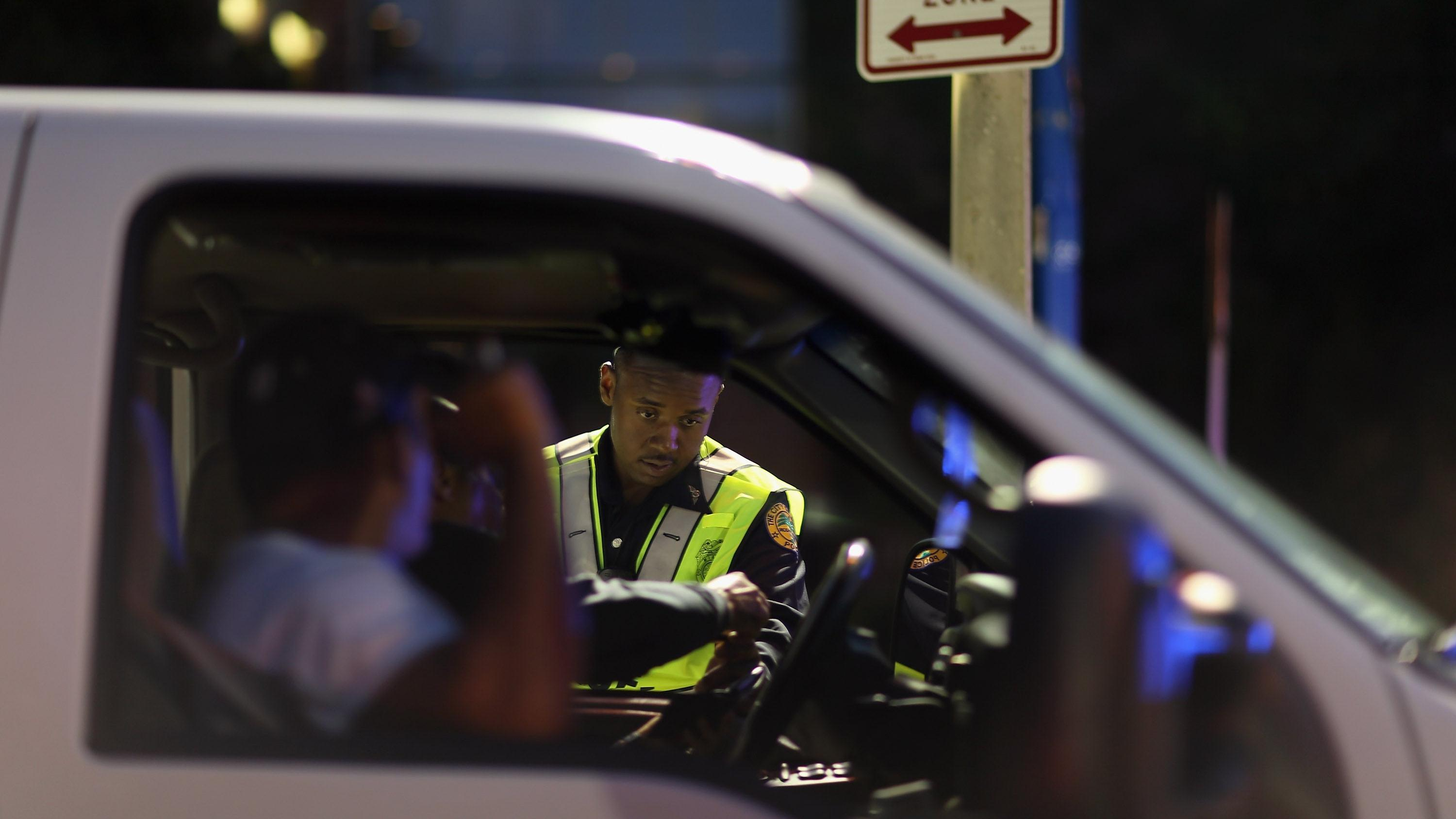Drunk-Driving Detection Is Required In Congress's Big Infrastructure Bill
Drunk-driving detection systems have been called for to reduce traffic deaths.
We have been talking about drunk-driving detection systems in cars for as long as I can remember. They are a pretty basic way to ensure fewer deaths on the road and also a way to keep some drivers out of trouble. And yet, we still haven't done it because, every time it is talked about, someone screams privacy. That seems like it's about to change.
The changes are part of the $1 trillion infrastructure bill working its way through Congress, according to Bloomberg.
The provision mirrors legislation that Representative Debbie Dingell has championed for several years. It orders NHTSA to study the feasibility of various technologies and establish a final rule within three years mandating some form of anti-drunk driving technology.
Among the systems that have been studied are ones that monitor a driver for signs of distracted, impaired or fatigued driving. One uses sensors that scan drivers' eyes for signs that are similar to ones that police officers look for when they suspect impairment during traffic stops.
"We can't wait any longer to make our roads safer from drunk driving accidents," Dingell, a Michigan Democrat, said in a statement. "The inclusion of my bill in the bipartisan infrastructure package will help incentivize the development and implementation of technology to stop drunk driving once and for all and save lives."
The bill is 2,702 pages, and, as such encompasses a vast variety of priorities for politicians of both parties, and also is still just a bill, meaning that significant parts of it can still change before it becomes law, which may never happen. That said, there has been consensus building around the bill for weeks, the kind of thing centrists say doesn't exist in Washington anymore but actually very much so still does.
That process will also likely leave both sides wanting, but that is the process, and it is small gains like this that often go unnoticed given the hundreds of billions of dollars at play. As someone who grew up in an environment in which drunk driving was a universal practice — this would be the Midwest in the 1980s and 1990s — to me this is very much better late than never.
